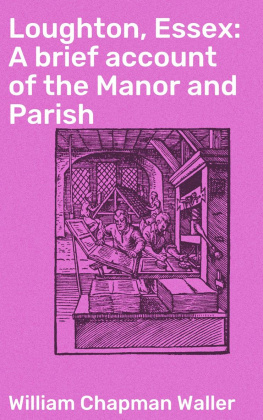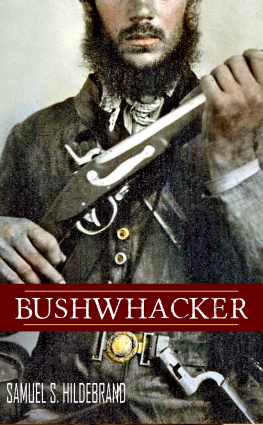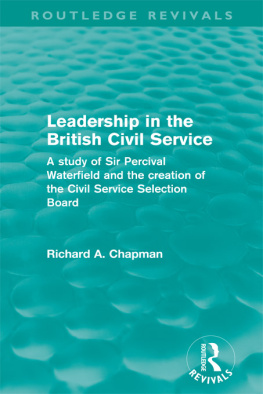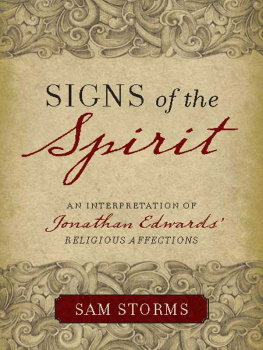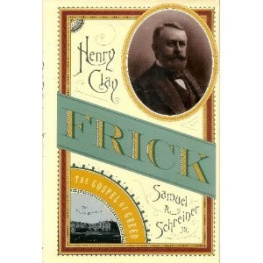Chapter I. Immediate Causes of the Insurrection
Table of Contents
State of the Province at the end of the month of OctoberMeasures of resistance entirely passive in their characterTestimony of Lord GosfordRumoursA RiotThe Vindicator Newspaper attacked and destroyedCharacter of the PaperDr. O'CallaghanThe Quebec ArrestsM. MorinA new Commission of the PeaceAlarmThe Montreal ArrestsThe DeparturesM. PapineauThe Acadia ArrestsThe Rescue.
In the midst of the feverish excitement ever consequent upon a state of insurrection, we have undertaken to present the reader with a calm narrative of the events connected with the civil war in the Two Canadas. This task, we feel sensible, is not without considerable difficulty. A popular insurrection is an occurrence which cannot be viewed with that indifference which the historian ought to possess. On such a question, every man must have his sympathies, not to say, his prejudices. These feelings will, unless especial care be taken, materially affect his views. This, however, is a contingency inseparable from contemporary narrative. It is doubtless an inconvenience ; but it is one which cannot be gotten rid of. All that can be done is, to state the authority with the fact, on all occasions where it is practicable, so that the latter may be tested by the former, and a just conclusion thereby drawn. This rule we shall carefully attend to, in the course of the ensuing narrative, and thus we hope to reduce to the very minimum the peculiar defects of a contemporary memoir.
Whilst contemporary narration has what may be called its specific disadvantage, it has also its appropriate countervailing advantage. Its pictures are fresh and vividevents stand out in bold reliefthe various actors, as well as sufferers, are made to tell their own tales ; and if there be sometimes exaggeration, there is, for the most part, a large predominance of racy truth ; and certainly, a faithful exhibition of the actors' feelings, of their alternating hopes and fears.
Under these circumstances, the inconvenience which we have pointed out is one which the public has always been willing to bear, for the sake of the advantages with which it is allied ; the more especially if an honest care be evinced to secure the good, with as small an admixture of the evil as possible. To effect this is our especial object.
By throwing into the shape of an introduction to this volume the detail of those events, the effect of which upon the present state of things in Canada was rather remote and indirect than immediate, we are enabled at once to enter upon those interesting occurrences which immediately preceded the Canadian insurrectionso immediately, indeed, as to assume with the latter the relation of cause and consequence.
Towards the latter end of the month of October, the state of excitement throughout Lower Canada, especially in the districts of Montreal and Three Rivers, was great indeed. The several public meetings which had been held in most of the counties in the latter, and in some in the former district, had been productive of the firmest determination on the part of the people to carry out, to the letter, the plan of passive resistance detailed in the introduction. By means of the non-consumption of all duty-paying articles, the popular leaders appear to have had every hope of driving the government to a redress of those grievances of which they had so long complained. A letter, written about this time by M. Papineau to Dr. Nelson of St. Denis, and since made public in the Montreal papersnot by M. Papineau's friends, but by his political adversariesexpresses the most vivid hope of success from this expedient, and strenuously urges Dr. Nelson to persevere in the course alluded to.
In this view, there is reason to believe, the popular party generally coincided ; as their newspapers, the Vindicator, in English, and the Minerve, in French, continued to urge upon the people the necessity of "destroying the revenue which the resolutions of the imperial parliament proposed to seize," by abstaining from the consumption of all articles which, by bearing a customs duty, contributed to that revenue. Some rumours were, it is true, afloat, touching "ulterior objects," "independence," and "resistance;" but Lord Gosford, writing on the 12th of October, says, "I do not myself credit these reports, nor yet apprehend any serious disturbance, although there are, I admit, some persons of experience and information who think otherwise."
Even as late as the 30th of October, Lord Gosford gives his opinion that the object of "the party fomenting sedition" was not active resistance or revolt, for he states it to be "evident that one of the main objects of all the recent meetings and proceedings is to produce an effect in England, and to intimidate, as it is hoped, the imperial and local authorities." In other words, that moral force was to be relied on.
There is no doubt that, at the beginning of the month of November, the public mind was in a fearfully agitated state ; still there was no appearance of revolt in any part of the country. For this, we have the very best evidence, that of the governor's despatches, wherein he continued to assure Lord Glenelg that there was no reason to doubt the loyalty and good conduct of the people. Indeed, so strong was his opinion on this point, that in his proclamation of the 29th of November, after the affairs of St. Charles and St. Denis, he speaks of the loyalty of the people as "hitherto uninterrupted." We dwell upon this point as being essential to the right understanding of the true character of the struggle.
It is now necessary to remind the reader that drilling had been for some time going on, both among the popular party, and among those opposed to them. In a despatch, dated the 6th of November, Lord Gosford informs Lord Glenelg, that "large bodies of men are openly drilled every Sunday, in and near the city of Montreal;" that, "in addition to these public drills, there were daily drills going on of small bodies of men in private yards ;" whilst, "on the other hand, his lordship adds, "the English party in that city have revived an old association, called 'The Doric Club,' and are likewise drilling and arming ; and I have every reason to apprehend that some unfortunate collision will, before long, take place."
Thus, then, the armings and the drillings were not confined to one party. They took place openlyno attempt at concealment appears to have been made. And in the same despatch we find Lord Gosford lamenting that "no attempt had been made by the civil authorities to stop this treasonable practice, or to arrest and punish those engaged therein." The reasons given for this want of energy werefirst, the absence of sworn information to identify the parties : secondly, the want of a civil force sufficient to vindicate the law.
The non-interference of the civil authority may possibly have arisen from a dislike to disturb the Doric Club, with whose political views they coincided ; and as it would be impossible to suppress the one and not the other, both were left undisturbed. This appears the more probable from the statements in their papers, showing generally that they felt confident that, in the event of a collision in the city, their party would get the better of their opponents.




